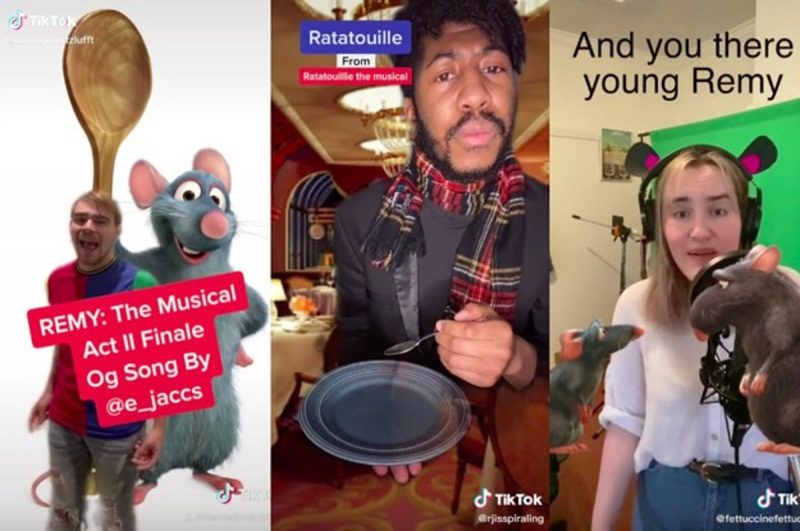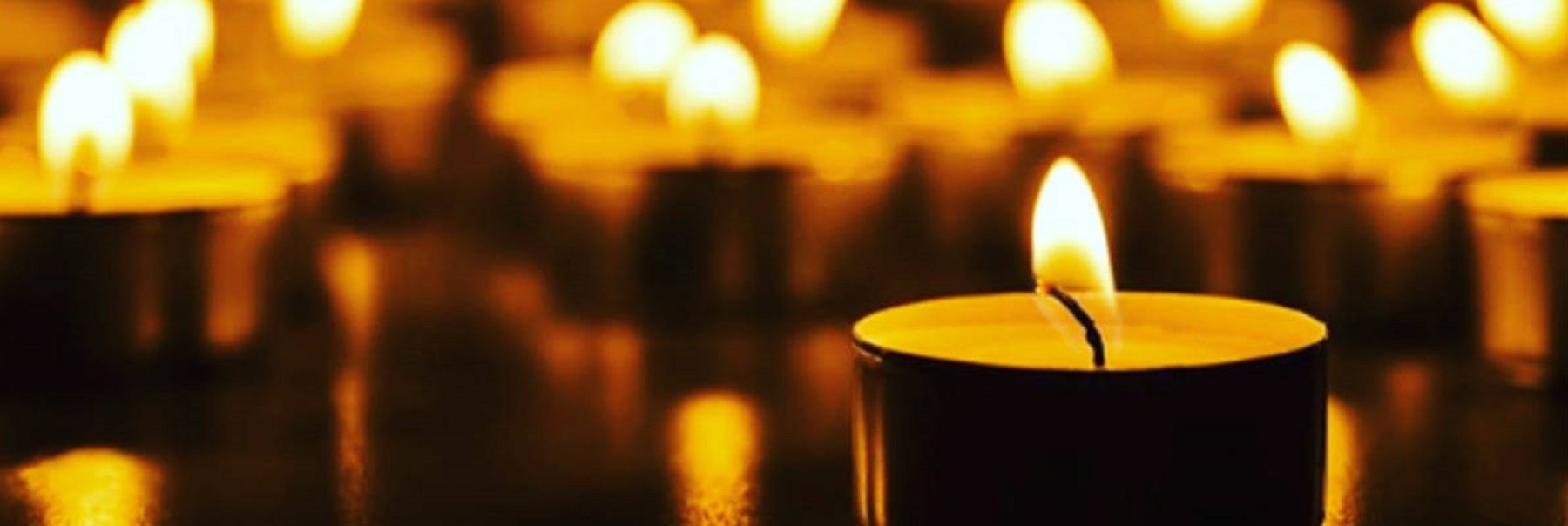What a week. My heart, mind and focus are still in Charlottesville, Virginia. Recognizing the monumental challenges facing our country, I admit that I question the efficacy of Theatre for Young Audiences (TYA) in making change. But this week I came across two articles – one about strategies for parents and the other for teachers – in engaging children and young adults in conversation around the events of the weekend. I was also inspired by this reflection on the power of art by Arts Corps Executive Director James Miles. These articles reminded me that parents, teachers, young people, and artists across the country are trying to process the hate and violence around us. This is why our work in TYA is so important.
As TYA professionals, we are vital changemakers in creating a more just and inclusive world. Employing an arsenal of storytelling, imagination, and creativity, we offer young people a way to make sense of the world. Through our work, kids and families reflect on the past, process the present, and envision a future. We utilize theatre – a vehicle designed to specifically fuel empathy and challenge our preconceptions – and we create it specifically for young people – who are responsible for shaping the next chapter.
"So what can we do, specifically in our day-to-day work in TYA, to respond to the hateful rhetoric that has always existed but seems to have has recently gained volume in our country?"
So what can we do, specifically in our day-to-day work in TYA, to respond to the hateful rhetoric that has always existed but seems to have has recently gained volume in our country? Many of you are responding to this challenge on and off your stages every day. Here are a few suggestions as a starting place, representing how some of the TYA/USA member theaters across the US strive to take on social justice issues in their work. How can we do even more?
Make timely and political art. Lots of it. I recognize the importance of offering a joyful escape for families. But young people also deserve art that allows them to engage with the issues affecting the world right now. Use the platform of our stages to confront hate, bigotry, and prejudice. Encourage (and commission) artists to create theater that is immediate and relevant.
Go beyond using “Diversity” as a mission statement buzzword and actually make it happen. Fill your seasons with stories that feature many kinds of people and experiences. Cultivate and hire artists of color. That doesn’t just mean through casting a diverse pool of actors. That means playwrights and directors, as well as designers, technicians, and teaching artists. Our stages aren’t enough. Our entire organizations need to cast a wider net, develop training opportunities and devote resources to leadership development so that our staffs, along with our boards, are not homogeneous. See Howard Sherman’s recent article on the next wave of arts leadership, and listen to the Public Theater’s Stephanie Ybarra’s words to artistic leaders: “You say you want to fight it? Then fight it in your everyday practice. Make different choices. Hire different people to animate your stories. Program different people to tell those stories.”
Increase low-cost school-time performances. While family performances are essential, school-time performances allow us to reach kids who might never otherwise come to the theater. Go the extra mile to eliminate barriers for schools to access these performances. This goes beyond the money for the tickets – arrange the buses. Translate show brochure material into multiple languages. Find the schools that don’t currently participate in your local arts community, and make your case directly to administrators.
Think about creative ways your organization can help kids and families to learn, engage, and act around these issues. Can our venues host a Town Hall or facilitated parent-to-kid and family-to-family conversations after a show? Families are looking for guidance and spaces to have these conversations responsibly. Let’s provide that space by offering a radically welcoming environment for ALL families.
Partner with other organizations to make change in your community. We’re often so focused on our own work that we don’t partner with other organizations in our own backyards. How can outside-the-box partnerships with faith communities, education and social justice non-profits, shelters, and even other local arts organizations lead to deeper change?
These suggestions aren’t easy, and many of us feel we are already doing our best to achieve them. We must ask ourselves if we are doing enough. Now is the time to work even harder – get creative, push past the wall, and commit to finding ways for the TYA community to offer young people tools to navigate – and eventually change – our world.



